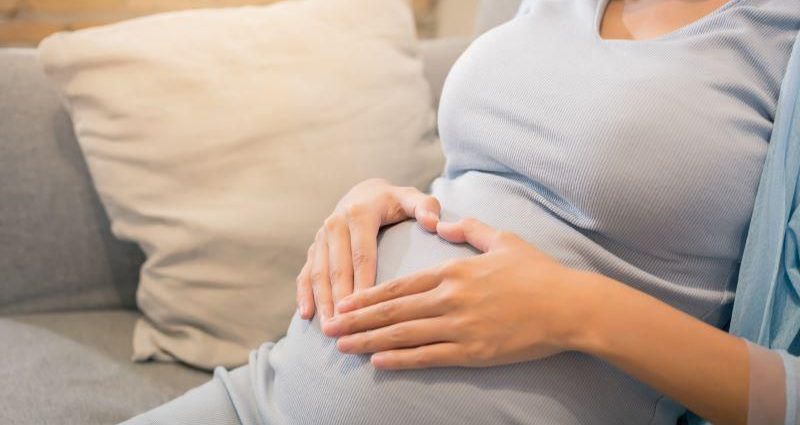THURSDAY, Aug. 11, 2022 (HealthDay News) — Pregnancy significantly increases the odds of devastating outcomes from COVID-19, a new study confirms.
Complications from the virus to pregnant women can include heart attack, arrhythmias, heart failure and long-haul symptoms, which may be hard to tell from other heart complications during pregnancy. Heart attacks are estimated to occur in up to 12% of patients.
“Pregnant people need to know that they are at increased risk of a severe COVID-19 infection, including ICU admissions, cardiac complications, need for critical care and death for the patient or fetus,” said researcher Dr. Joan Briller, a cardiologist and professor of clinical obstetrics and gynecology at the University of Illinois at Chicago.
The U.S. Centers for Disease Control and Prevention found pregnant women have an increased risk of severe COVID infection (10%); ICU admission (4%); mechanical ventilation (3%); and use of ECMO (0.2%), compared with other women.
Also, pregnant women with COVID also are at higher risk for pre-term birth and stillbirths. And, researchers found, 33% of babies born to women with COVID had to be admitted to the newborn intensive care unit.
In addition, researchers found racial disparities in outcomes for pregnant COVID patients. While Black women represented 14% of the women in the study, they accounted for as much as 27% of pregnancy-associated deaths.
Among Hispanic women with COVID-19, pregnancy more than doubled the risk of death. Asian women and those who were Native Hawaiians or Pacific Islanders had the highest risks of ICU admissions.
Despite those risks, Briller noted that vaccination rates among pregnant women have lagged behind those of other groups.
“The CDC, American College of Obstetrics and Gynecology and Society of Maternal Fetal Medicine, among others, recommend vaccination in pregnancy,” she said, urging doctors to communicate this recommendation to patients.
Briller said one factor hampering recognition of heart risks is failure to include pregnant women in clinical trials.
“Consequently, women may be under-treated or inadequately treated due to lack studies addressing safety and efficacy of therapies during pregnancy or conversely be exposed to therapies where safety is not known,” she said.
The findings were published Aug. 10 in the Journal of the American College of Cardiology.
More information
For more about COVID-19 and pregnancy, visit the U.S. Centers for Disease Control and Prevention.
SOURCE: American College of Cardiology, news release, Aug. 10, 2022
Copyright © 2026 HealthDay. All rights reserved.

